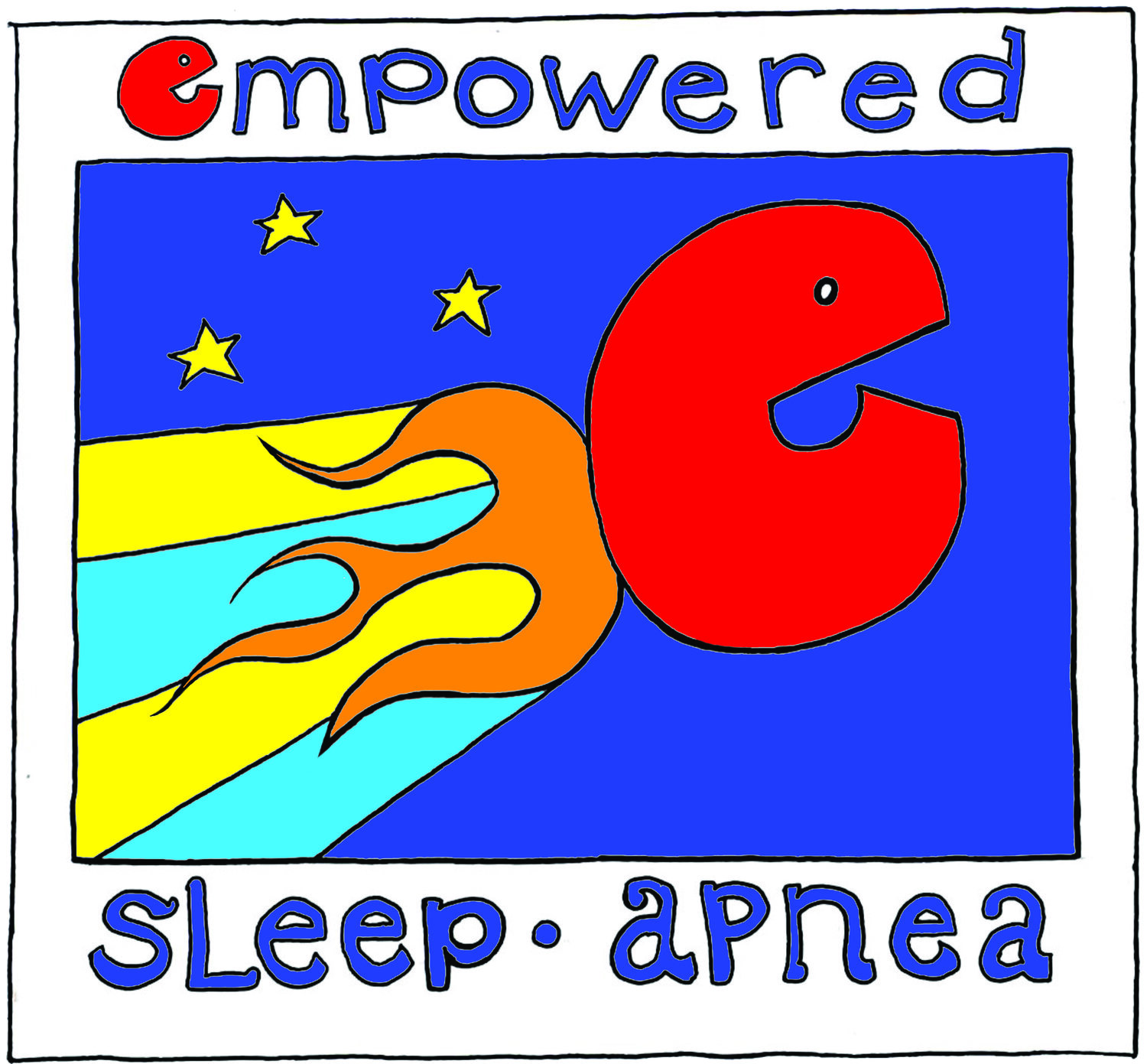The Five Reasons Monument
-
![]()
Five Reasons To Treat
The foundation of the Empowered Sleep Apnea method is to understand the “WHY?” of Sleep Apnea. Why should it be treated? The Five Reasons are so fundamental to the process, they have their own Monument. Let’s take a look around!
The art in these cartoons bows deeply to a series of 16th century woodcuts called “The Dance of Death” by a cool German cat called Hans Holbein, the younger. Hans Holbein was arguably the world’s first super-cartoonist. 400 years before the world ever heard of Mickey Mouse or Charlie Brown, Holbein’s cartoons were published all over Europe. In 34 eerie scenes, Holbein made the skeletal figure of Death into a grand equalizer. Whether you were rich, poor, pious or profane, mortality comes for all. One of Holbein’s magnificent pieces is shown above.
Here at the Five Reasons Monument, the skeletal agent of change is Sleep Apnea itself. How does Sleep Apnea affect your life? Take a walk around the Monument and find out!
-
![]()
The First Reason: RISK
Sleep Apnea increases the risk that you’ll die younger of heart disease, stroke, cancer, and accidents. The risk associated with Sleep Apnea is primarily driven by obstructive events.
Not every case of Sleep Apnea comes pre-packaged with all of the RISK that Nature has to offer, though! Some cases of Sleep Apnea carry little to no risk. How do you know where YOU fit in?
Some types of breathing events seem to be more risky than others. The RISK of obstructive events is likely to be greater than the RISK of central events. There are currently two definitions for hypopnea in use. Do you know what’s on your sleep study? What do the data mean, within the context of your story?
You’ll explore all of this, and more, during your comfortable conversation over pie and coffee at the Coffee Hut.
-
![]()
The Second Reason: SNORING
Snoring can range from nonexistent all the way to rip-roaring vibratory rattling that can damage hearing and scare your pets! The burden of snoring creates social difficulties (sleep on the couch yet?), and may cause direct trauma to tissues in the nasal passages and the back of the throat . Vibratory trauma from snoring may also contribute to atherosclerotic buildup in the carotids, increasing stroke risk.
If you snore and you don’t hear it, does it matter? Can snoring make Sleep Apnea worse? What does it mean, if you don’t snore?
Answers to these questions and more are to be found at the Coffee Hut.
We understand the Lingonberry Pie is marvelous.
-
![]()
The Third Reason: SLEEP
Sleep Apnea creates intermittent “fight or flight” -type stimulation, which can negatively impact the sleep experience.
Who needs more adrenaline when you’re trying to sleep?
All this stimulation means that people with Sleep Apnea can experience persistently light-stage sleep, frequent awakenings, or difficulty sleeping in general.
Sleep Apnea can also create long-term changes in the autonomic nervous system that can cause difficulty sleeping long after the problem is properly identified and treated.
What kinds of trouble are you having with your sleep? Chances are, Sleep Apnea might be contributing!
-
![]()
The Fourth Reason: WAKE
When the sleep experience is broken, it can create real problems in the daytime.
Daytime neurobehavioral impairment symptoms can vary day by day, and from person to person. These symptoms are often nonspecific, and can overlap with impairment symptoms from other problems.
In addition to frank excessive daytime sleepiness, symptoms of Sleep Apnea that might respond to therapy can include irritability, difficulty with concentration and multi-tasking, low physical energy, poor motivation, brain fog, anxiety and depressed mood.
How does your daytime experience feel? Is your WAKE experience a Reason to Treat?
-
![]()
The Fifth Reason: COMORBIDITIES
There are numerous health problems that are known to worsen under the nonspecific stress of poor sleep and repetitive breathing interruptions. A few examples: High Blood Pressure, Diabetes, congestive heart failure, cardiac arrhythmias, migraine headaches, gastroesophageal reflux disease (GERD), depression, anxiety, gout, bruxism (teeth grinding during sleep), frequent nocturia (needing to wake up repeatedly to urinate).
If you are being treated for other health problems, it’s a good idea to review these with your healthcare provider. It’s conceivable Sleep Apnea is making them worse, or harder to control!
Do you have medical or psychiatric issues that require a doctor’s care? Are you taking meds for anything? Is it possible that some of these medical problems are being made worse by Sleep Apnea?
Looks like another great topic to discuss when you have your pie!







